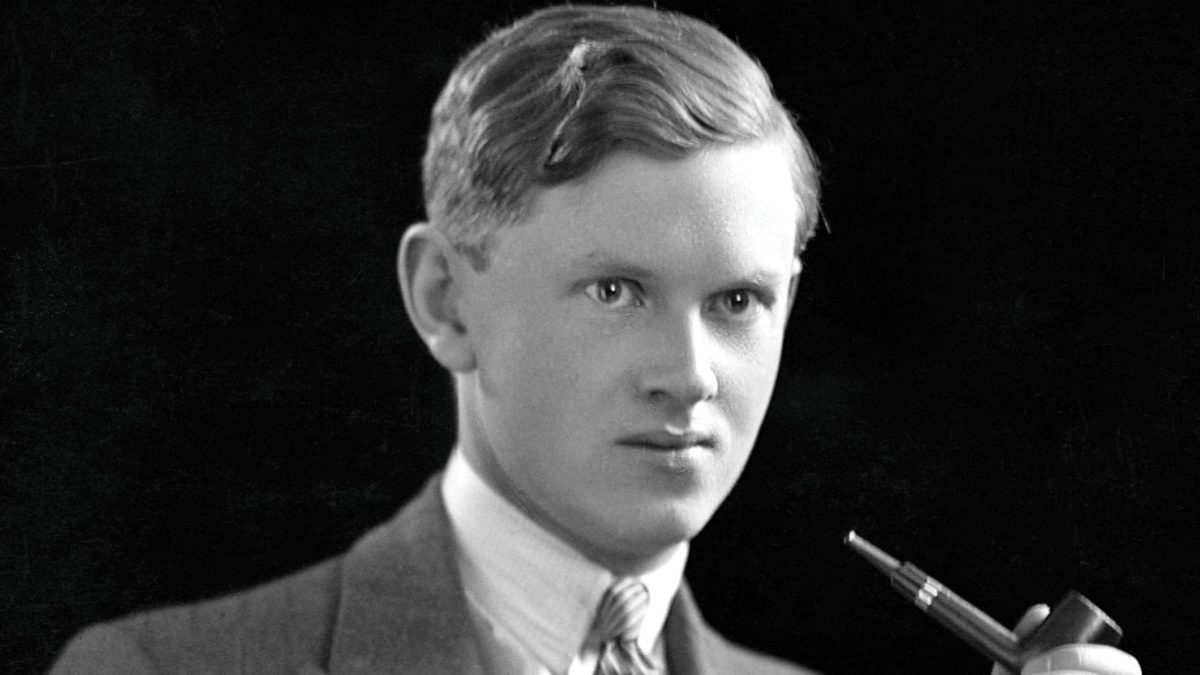RAGE
by Bob Woodward
Simon and Schuster, 480 pages
It goes without saying that, contrary to Trump’s maddeningly megalomaniacal claim that his signature is now worth $10,000 on eBay, most of the universe would sleep easier if this walking disaster would swiftly disappear. And because this state of affairs is the norm, backed up by polls showing that the current President can barely squeak past 40% in the polls against Biden, it does make reading the latest Trump tell-all an act of masochism.
Most of us know that Trump has mangled the pandemic and permanently uprooted millions of Americans now facing grief, eviction, and unemployment. Most of us intuitively understand that nearly 200,000 Americans are dead because of Trump’s arrogance, cruelty, and ineptitude. Why then would one want to read another book exposing this pernicious sociopath?
Well, when it’s Bob Woodward, you do. Rage, Woodward’s followup to Fury, is different from his previous Trump volume because, this time around, he actually talked with Agent Orange, landing eighteen interviews with the monster between December 2019 and July 21, 2020 — the last on the very day his manuscript was due. It is different because we’ve been in the prepublication position of listening to the tapes. Trump clearly knew how deadly the virus was and he lied to the American public about it. Just as he lied about calling McCain and military veterans “losers” and “suckers” — as recently as last night in a town hall appearance on ABC. This disparity between the private and the public represents the very reason why we need journalists to dig up the details.
The book arrived last night. I stayed up until 5 AM reading it. The volume is by no means a barnbuster and will probably not change too many minds, but it does offer an even-handed narrative that serves as a necessary reminder of just what we’ve come to accept from the executive branch and why this simply cannot be the norm of American politics.
The book’s first half is largely a summary of the political hellscape that we’ve come to accept, with some new context. We see former secretary of state Rex Tillerson and former secretary of defense Jim Mattis enter into a Faustaian bargain with Trump under what now seems to be a dowdy ideal of patriotism and loyalty, no matter how bungling and dangerous the Commander-in-Chief may be. “How can you work for that man?” asks Mattis’s mother. “Ma, last time I checked, I work for the Constitution,” replied Mattis. Tillerson asks for numerous reassurances (being able to pick his own staff, asking Trump to refrain from a public dispute) before uneasily accepting the job. Tillerson, like many former Trump staffers, would be swiftly betrayed and have his conditions vitiated.
Mattis would find himself in a madhouse, contending with an easily distracted maniac who refused to countenance the facts. Here’s a stunning Mattis quote from the Woodward book:
It is very difficult to have a discussion with the president. If an intel briefer was going to start a discussion with the president, they were only a couple sentences in and it would go off on what I kind of irreverently call those Seattle freeway off-ramps to nowhere. Shoot off onto another subject. So it was not where you could take him to 30,000 feet. You could try, but then something that had been said on Fox News or something was more salient to him. So you had to deal with it. He’d been voted in. And our job was not to take a political or partisan position. It was, how do you govern this country and try to keep this experiment alive for one more year?
We see Senator Lindsey Graham — a man who, only five years ago, denounced Trump as “a race-baiting, xenophobic religious bigot” on CNN — cozy up to Trump on the golf course, even willing to give Trump the benefit of the doubt when evidence of Russian collusion was stacked against him. “Listen,” said Graham to Trump, “if you actually did this, even though it was before you were president, you cannot serve.” Trump responded, “I’ve done a lot of bad things, but I didn’t do this.”
In other words, the new loyalty among those who worked with Trump meant accepting blanket statements at face value, never corroborating these against the facts and, above all, never fighting a pernicious leader who was committed to magical thinking when he wasn’t abdicating his duties altogether. This is one of the key takeaways from Woodward’s book, one that eluded Alexander Nazaryan at the Los Angeles Times.1
What Trump has effectively accomplished over the last four years is to create a political environment in which believing in tangible and objective facts is now partisan. Much as empathy and taking care of a suffering population has become partisan. For there is no other way to explain why so many of the people who endured Trump over the long haul altered their command of the facts.
One of the book’s more shocking revelations involves Dr. Robert R. Redfield, the director of the CDC. Here is the man who ostensibly exists to protect the national health. When he first learned of the virus, Redfield nimbly cracked the whip and gathered his team — on New Year’s Eve, no less — and produced a three-page memo, the first of many detailed daily reports. But as we see in the book, even Redfield could be corrupted.
In late February, Redfield had information that there was “a big problem in New York.” There were cases of people from Italy who had been infected with the virus. At this point, Redfield was well aware just how fast the virus could spread. But he fell in with the Trump line, telling the commonweal, “The American public needs to go on with their normal lives. Okay?”
If Woodward doesn’t quite answer the question of how ostensible scientists like Redfield could abdicate the very scientific method in favor of Trump loyalty and propaganda, Woodward’s conversations with Trump, which constitute the book’s second half, are of considerable importance in understanding how we have permitted such a beast to get away with anything. The episodes involving Kim Jung-un reveal not only how Trump could be easily manipulated with targeted flattery (Kim always referred to Trump as “Your Excellency” in “love letters” obtained by Woodward), but of how flexible Trump could be in humanizing clear human rights abusers. When Woodward asks how he could have cozy relationships with monstrous men, Trump replies, “It’s funny, the relationships I have, the tougher and meaner they are, the better I get along with them. You know? Explain that to me someday, okay?”
Moreover, there is a creepy womanizing approach that Trump applies to diplomacy, one that makes the victims of Trump’s abuse and harassment even more necessary to not brush under the carpet. Here is Trump describing meeting Kim:
“You meet a woman. In one second, you know whether or not it’s all going to happen. It doesn’t take you 10 minutes, and it doesn’t take you six weeks. It’s like, whoa. Okay. You know? It takes somewhat less than a second.
Woodward also offers definitive evidence of just what a blundering credit taker Trump has been, particularly in relation to the virus. Five people – Dr. Anthony Fauci, Secretary of Health and Human Services Alex Azar, the aforementioned Redfield, and security advisers Robert C. O’Brien and Matthew Pottinger — urged Trump to initiate travel restrictions on China. On deep background, Woodward paints a picture of a man merely telling the room, “Are you guys okay with this?” rather than, contrary to his own myth-making, being the sole voice to demand a flight ban. (Moreover, it is Fauci himself who suggests that stranded Americans be given the opportunity to return home.)
Jared Kushner tells Woodward that one of Trump’s great skills is “figuring out how to trigger the other side by picking fights with them where he makes them take stupid positions.” This quality may also explain why guys like Redfield and Mattis eventually gave up the ghost and allowed Trump to beat them down into tacit acceptance of the counterfactual.
And maybe that’s the rage of the title that we’re meant to feel here. Righteous indignation that was once so easily summoned and used to take out the politically corrupt, but that has been deadened over the last four years — save perhaps for the valiant efforts of the Black Lives Matter movement, which may very well be our only remaining hope. Because Trump is the new normal. And we’re all so busy trying to survive a pandemic, climate change on the West Coast, and the worst financial crisis since the Great Depression.


